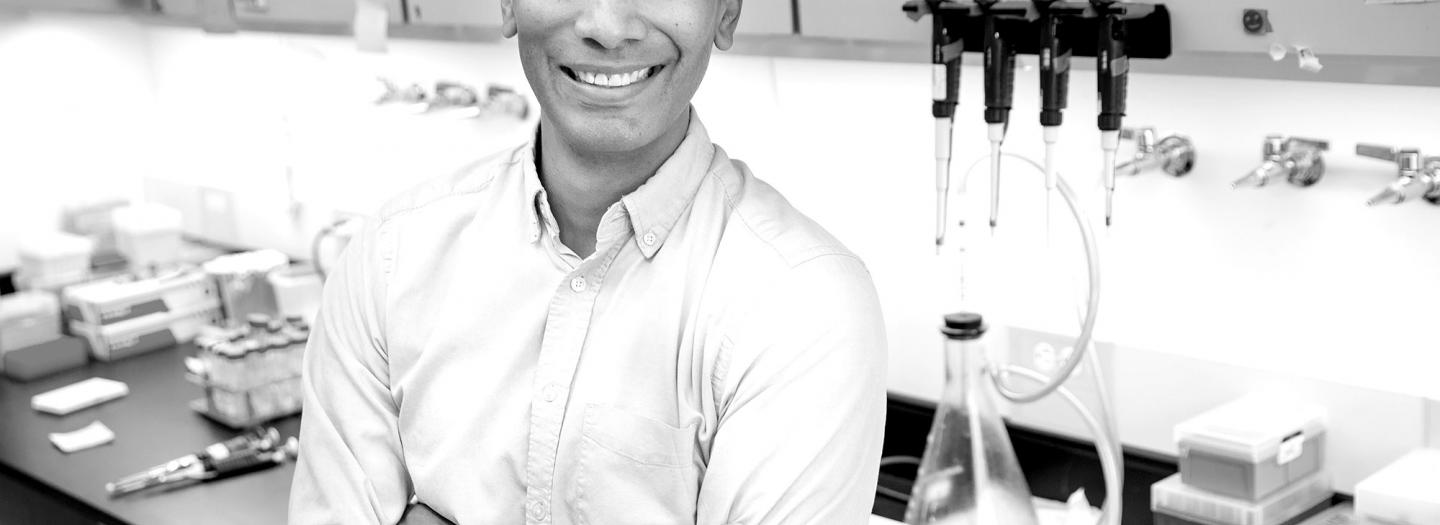Claudio Villanueva, PhD ’07 : Empowering the next generation
As a child, Claudio Villanueva didn’t just play with his toys. He dismantled them to see how they worked, even though he wasn’t always able to put them back together again.

As a child, Claudio Villanueva didn’t just play with his toys. He dismantled them to see how they worked, even though he wasn’t always able to put them back together again.
